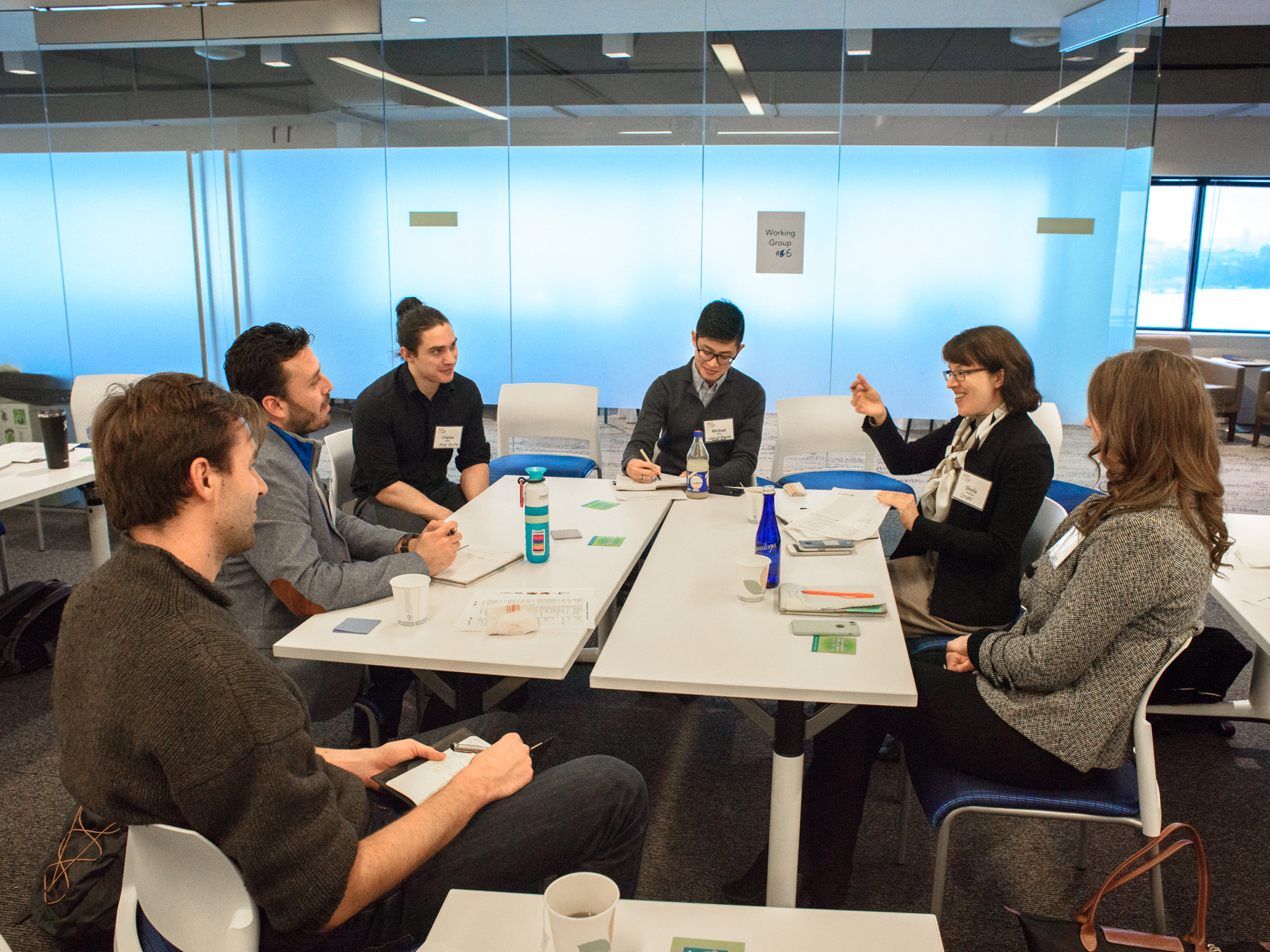Menu
ESI Stories
Three questions on environmental education with Sylvia Scharf
Sylvia Scharf is ESI’s Climate Education Specialist. She primarily works on materials for educators related to the TILclimate podcast and the MIT Climate Portal. She brings over 15 years’ experience in public and outreach education and communication at New England Aquarium, a leader in climate communication practice. Her focus areas are climate change and resilience, science literacy, and connecting people to place. She has an MS in Environmental Education from Antioch University New England.
 We recently asked Sylvia three questions about her experiences and thoughts on environmental education.
We recently asked Sylvia three questions about her experiences and thoughts on environmental education.
What is the role of educators in climate change?
Climate change touches every aspect of human life. While it may be easier to see connections to curriculum in science classes, climate change has a place in any subject: essays and reading in English, the history of fossil fuel development, civics and policy, art, and anywhere students are imagining the future. Young people are well aware that climate change is the defining issue of their time, and are looking to learn more.
How did you come to be a climate communicator?
As an undergraduate, I was interested in ecology and assumed I would become a field researcher. After a semester abroad doing a mixture of field research, policy, and education, I realized that I enjoyed teaching people about what I was learning more than I enjoyed collecting the data myself. Since then, it’s been a progression of opportunities to learn new information and new techniques.
What is your goal in developing the TILclimate Educator Guides?
We know that teachers want to teach climate change with their students, but may not have the resources or background knowledge to feel comfortable taking on such a big topic. My goal with the Guides is that teachers can choose (buffet-style) which pieces they are interested in digging into. The Guide activities are student-oriented, solutions-driven, and adaptable. We’ve done some of the heavy lifting finding real data, real-world problems, and innovative solutions – so you don’t have to!
















